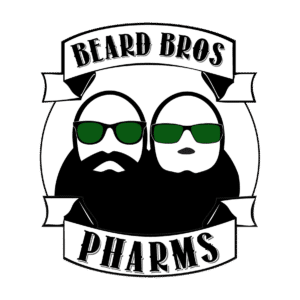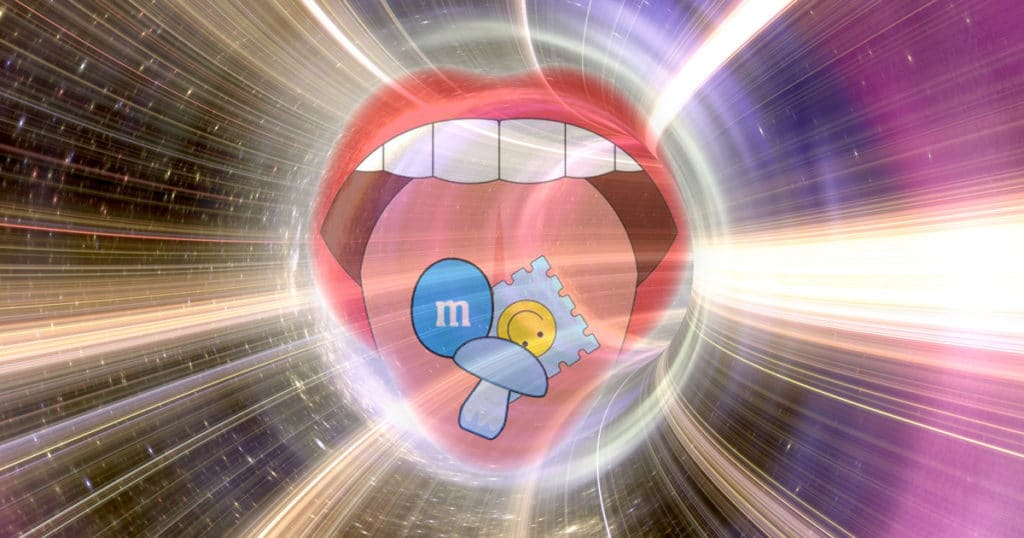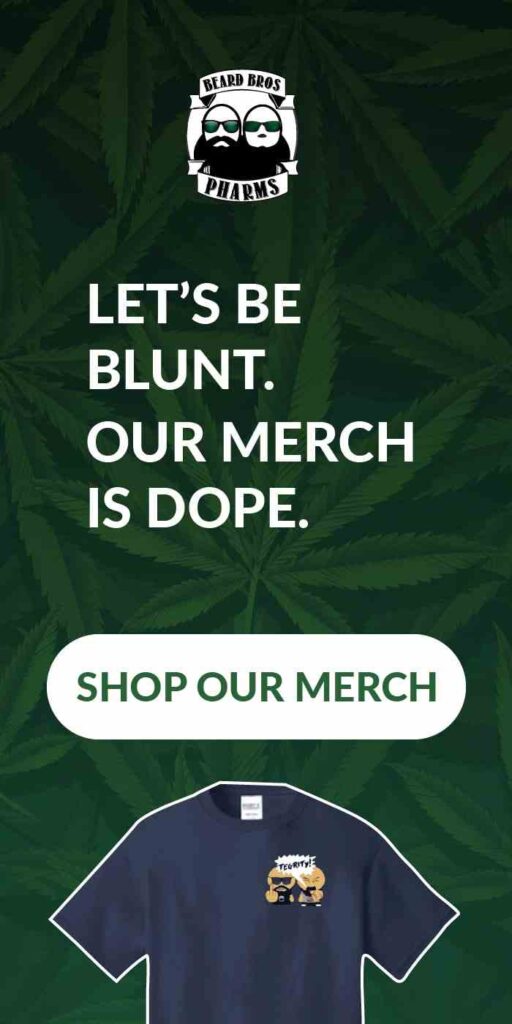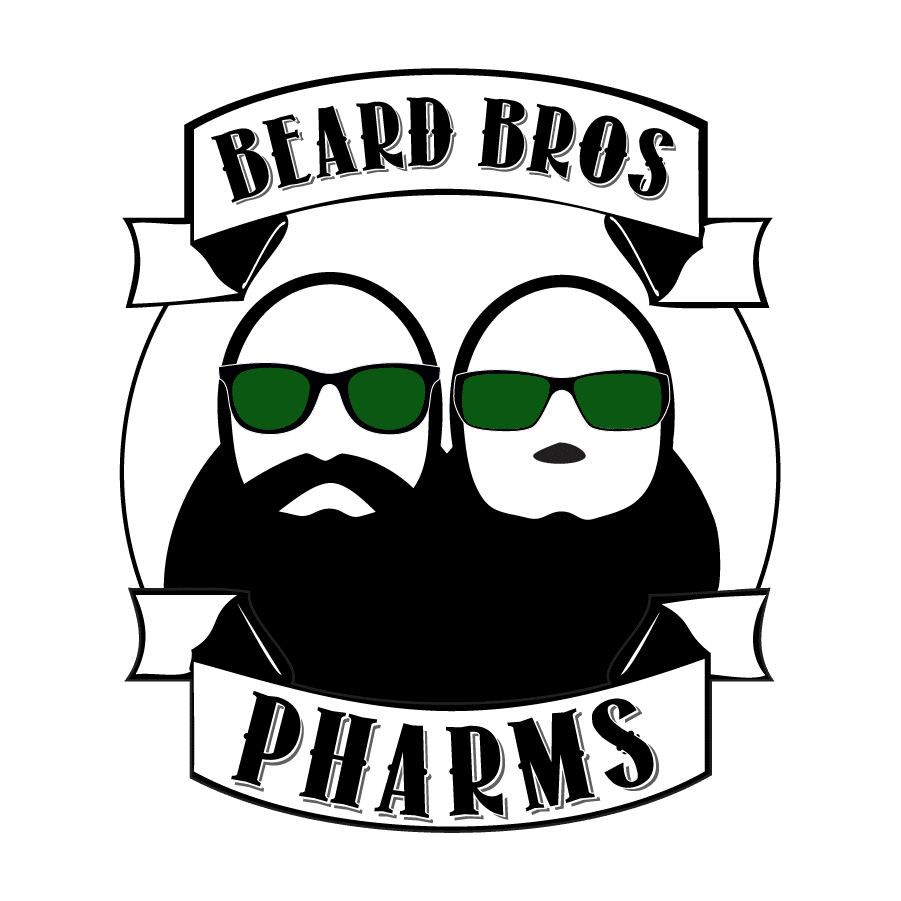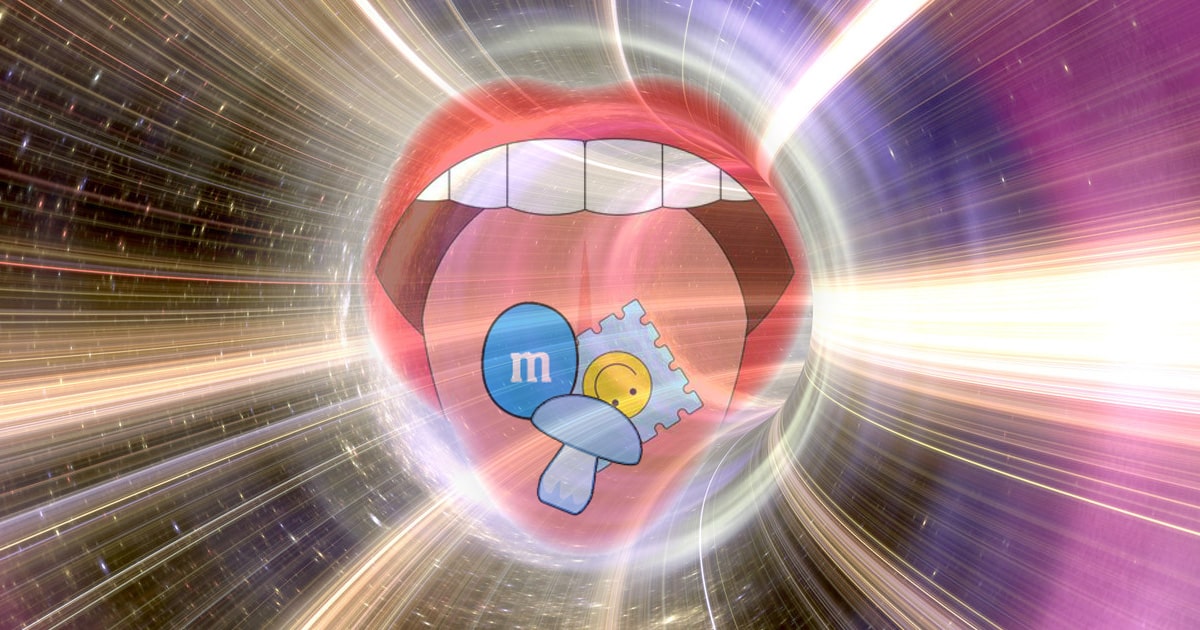
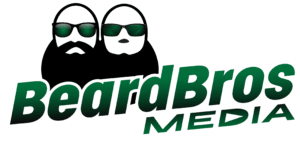
In January of this year, we proclaimed that 2022 Will Be the Year of the Entheogen.
Well, it’s pretty safe to say that we nailed that second one. Not a week has gone by in 2022 without headlines appearing everywhere from influential blogs to mainstream media outlets covering the growing acceptance of and curiosity about psychedelics.
In the 2020 article about microdosing, we lay out a list of anecdotally reported benefits of microdosing psilocybin, but we immediately follow that list with this disclaimer:
This past week, like every week this year, psilocybin and so-called “magic mushrooms” are making headlines yet again, concerning microdosing yet again, and calling into question the validity of the anecdotal evidence that has so far fueled the entheogen revolution.
Findings from a placebo-controlled experiment were recently published in the journal Translational Psychiatry. In this unique experiment, researcher Federico Cavanna and colleagues tested the effects of microdosing with psilocybin… with a twist. For the first time on record, they factored in a feature known as ‘expectancy effect’, selecting study participants who openly admitted that they had certain expectations that the experience would deliver upon.
Microdosing Mushrooms – Extraordinary Experience or Expectancy Effect?
For their study, Cavanna and his team signed up 34 participants – 23 men and 11 women, all adults, and all of whom were already planning to start a microdosing regimen.
Lasting just two weeks, the study had participants consume two doses of 0.5g (half a gram) of dried psilocybin mushrooms one week, and consume two doses of placebo indistinguishable from the actual psilocybin doses the other week.
This was a double-blind experiment, meaning that the entire process from the preparation to the presentation of doses was done by a third party, leaving both the experimenters and the participants ‘blind’ to whether subjects were given a placebo or psilocybin capsule each week.
After each round of dosing, participants filled out a self-report questionnaire where they detailed the acute effects they experienced with the doses (spatial awareness, visual acuity, etc). They also completed psychological reports regarding how each dose seemed to affect their anxiety, well-being, and stress. They also completed several tasks aimed at analyzing creativity, perception, and cognition, and their brain activity was even measured with electroencephalography (EEG).
Focusing on the possibility of the expectancy effect, participants reported their own expectations for how their mental state might change in various areas as a result of the successful ingestion of a microdose of psilocybin.
In the end, the results of the study could not support previous evidence or reports that microdosing improves well-being, creativity, or cognitive function. Clearly, though, there were some flaws to the study which may have impacted the findings.
First was the limited time frame and number of doses.
A half a gram is sort of a lot for a “microdose” for someone who has never experimented with psilocybin, but even at that elevated level, twice ain’t enough, in our opinion. A more robust and reliable study would spread the experiment out over the course of months, with participants getting an actual psilocybin dose often enough for each one to compound upon the one prior.
Secondly, all of the participants were new to psilocybin and all were reportedly “healthy” – mentally and physically.
Again, a more well-rounded study should include test subjects who have been diagnosed with ailments that anecdotal evidence suggests could be treated with doses of psilocybin. See if it works for them. Asking a happy person if a half a gram of mushies makes them happier is sort of redundant.
Also, speaking of totally anecdotal evidence, here at Beard Bros we have a theory that the many reported benefits of microdosing psilocybin are only fully realized after that person has had at least one full macrodose in their lifetime. When enough of any hallucinogen is consumed to induce the so-called “mystical experience”, that is where true healing begins. To us, the faucet of benefits of microdosing flows a bit more powerfully once that handle had been loosened by a proper TRIP, even years prior.
When looking at these placebo-based psychedelic studies, it reminds us of the argument against the “reality” of psychedelic realms and experiences within those realms. Terence McKenna famously spoke of the “self-transforming machine elves” that he interacted with while tripping on DMT. Many others have spoken of encountering entities so impossibly ‘real’ that words cannot sufficiently describe them.

Those who have never taken DMT and have never had those experiences downplay such stories as fantasy unmoored from reality. After all, if it was real, we would all see machine elves, right? But what is ‘reality’, and who gets to decide if things you experience in your life fit into that definition? Furthermore, if you have a bowl full of psilocybin pills that look like Peanut M&Ms mixed in with actual Peanut M&Ms, and you start munching on them and it makes you feel better… great! If you happen to eat 15 actual Peanut M&Ms in a row and no psilocybin, and you still feel great, can we really say that isn’t real, or that doesn’t count?
We are going to keep munching the M&Ms.
Most Popular News Posts
- Glassblowing is Not a Crime But That Wasn’t Always the Case – A Look Back at Operation Pipe Dreams
- A Brief 50,000 Year History of Our Relationship with Psilocybin Mushrooms
- How to Middleman a Goddamn Motherf*ckin’ Hemp Biomass Deal
- Study Uncovers Traces of Xanax in 72% of Blood Samples Yet We Still Have to Fight For Cannabis Rights
